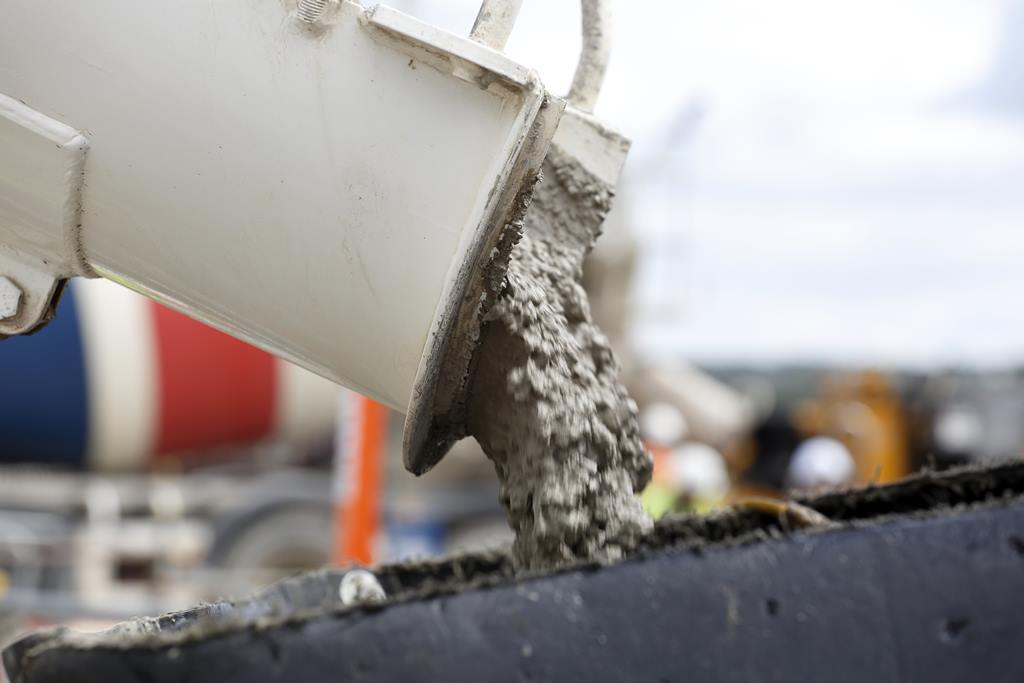The British Standards Institution (BSI) has published Lower Carbon Concrete – Alternative Binder Systems – Code of Practice (BSI Flex 350 Version 2).
The new BSI guidance offers advice on assessing appropriate alternative binder systems (ABS) that can be used as lower-carbon concrete alternatives.
This BSI Flex recommends a framework for assessing ABS concretes to facilitate their acceptance as suitable alternatives to traditional Portland cement-based concrete when designing and building structures.
It covers the background and properties of typical ABS with recommendations on testing and monitoring to demonstrate compliance with the recommendations on performance for different applications.
The UK consumes 11.7 million tonnes of Portland cement per year, according to the European Ready Mixed Concrete Organisation. This accounts for nearly 90% of the greenhouse gas emissions associated with concrete production. ABS can be used to reduce the emissions from the concrete binder. ABS options include geopolymer or alkali-activated materials.
Clare Price, built environment sector lead at the BSI said: “The built environment has a huge role to play in supporting the transition to net zero. This guidance is designed to empower engineers to make more sustainable choices in order to reduce carbon emissions in construction projects, while giving all involved the confidence in the suitability of chosen materials. Steps like this can help us create a sustainable built environment that serves the needs of people and planet.”

